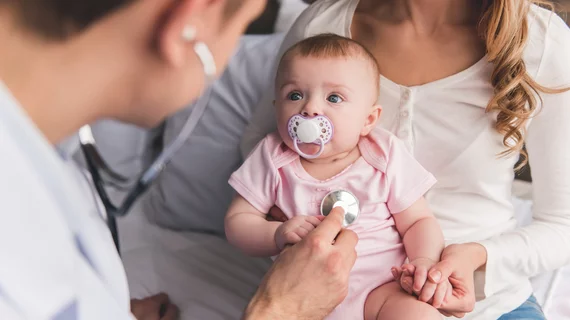70% say US healthcare is in a state of crisis
The U.S. healthcare system is not very popular, according to a recent Gallup poll. In fact, 70 percent of Americans describe the system as being “in a state of crisis” or “having major problems,” the poll found.
That figure is on par with the previous range of 63 percent to 73 percent seen in the majority of Gallup’s polling of the question since 1994, but the new findings come at a time when healthcare is top of mind for American voters. The only time Americans felt differently, when only 49 percent said the healthcare system was in crisis or had major problems, was in the immediate aftermath of the 9/11 attacks in 2001.
Despite a general pessimistic view of the American healthcare system, 55 percent rated the quality positively, according to Gallup, which queried Americans for its annual healthcare poll from Nov. 1-11.
While the sentiment has been mostly the same over the last two decades, a new deviation between Republicans and Democrats has emerged since 2017.
In general, Republicans were more likely to have higher negative assessments of the healthcare system when a Democrat was in the White House, while Democrats were likely to have higher negative assessments when a Republican was president. From 2001 to 2009, Democrats and Democratic-leaning independents were much more likely than Republicans and Republican-leaning independents to report major problems or say the American healthcare system was in crisis.
After 2010, when Barack Obama was in his first term and the Affordable Care Act was signed into law, those negative assessments declined among Democrats, while Republicans’ concerns increased. By 2012, Republicans were much more likely to have higher negative views of the system than Democrats.
The opinion lines crossed again once President Trump took office, though the two parties were only five percentage points from each other in their views in 2017––76 percent of Democrats and 71 percent of Republicans said healthcare had major problems or was in crisis that year, according to the poll. Since then, the gap has expanded to 28 percentage points. In the last poll, 84 percent of Democrats and 56 percent of Republicans said the same.
See the full poll results here.

